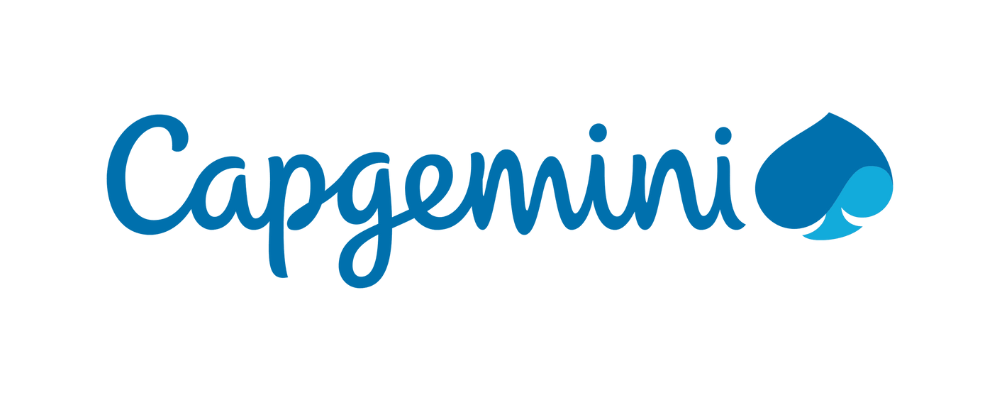How (and why) Product Lifecycle Management will transform the industry
Food packaging is an integral part of the modern food industry, ensuring the safety, freshness, and quality of products as they make their way from the manufacturer to the consumer’s table.
Over the years, food packaging has evolved significantly, driven by changing consumer preferences, sustainability concerns, and advancements in technology.
One of the key drivers of this evolution is the integration of digital technologies into product lifecycle management (PLM). In this blog post, we will explore how digital innovation is transforming food packaging – and why it matters.
The changing landscape of food packaging
The food industry has witnessed a profound transformation in recent years. Consumers are increasingly seeking products that align with their values, such as sustainability, health, and convenience. Food packaging plays a crucial role in meeting these evolving demands.
- Sustainability: Environmental consciousness has become a top priority for consumers and food producers alike. Innovations in sustainable packaging materials, reduced packaging waste, and eco-friendly design have become vital for businesses. Digital PLM tools can help companies design, evaluate, and optimize sustainable packaging solutions, reducing their carbon footprint and enhancing their brand’s eco-credentials.
- Food safety: In the age of global supply chains, ensuring food safety is more complex than ever. Digital solutions like blockchain and IoT (Internet of Things) sensors enable real-time monitoring of products throughout their journey, from the farm to the table. This transparency ensures that any potential issues can be addressed promptly, reducing the risk of foodborne illnesses.
- Consumer engagement: Today’s consumers are tech-savvy and expect more from their food packaging. Augmented reality (AR) and QR codes on packaging allow consumers to interact with brands in innovative ways. This not only provides a unique experience, but also offers an avenue for brands to share information about the product, its origin, and its impact on health and the environment.
- Customization: With digital tools, businesses can customize packaging to meet individual customer demands. Personalized packaging not only enhances the consumer experience, but also helps brands stand out in a crowded marketplace.
The role of digital PLM in food packaging
Product Lifecycle Management (PLM) is the process of managing the entire lifecycle of a product – from its initial concept through design, development, and manufacturing to service and disposal. When applied to food packaging, digital PLM can revolutionize the industry:
- Design and prototyping: Digital tools allow for rapid prototyping and testing of packaging designs. This reduces time-to-market and helps companies innovate faster.
- Material selection: The ability to analyze the environmental impact of different packaging materials is crucial in a sustainability-conscious world. Digital PLM tools can help in selecting the most eco-friendly materials for packaging.
- Quality control: IoT sensors integrated into packaging can monitor factors like temperature, humidity, and physical stress, ensuring that products remain safe and of high quality.
- Supply chain visibility: Blockchain technology ensures end-to-end traceability, reducing the risk of food fraud, and providing real-time insights into a product’s journey.
- Consumer feedback integration: Digital PLM systems can collect and analyze consumer feedback, providing insights for continuous improvement and product development.
- Regulatory compliance: Keeping up with ever-changing food safety regulations can be challenging. Digital PLM tools can help businesses stay compliant by tracking and managing the relevant documentation and standards.
Digital PLM and the future of food packaging
Innovation in food packaging, driven by digital technologies, is not just about making products look more appealing; it’s about enhancing sustainability, safety, and consumer engagement.
In a world where consumers are more discerning than ever, businesses that embrace digital PLM for food packaging are better positioned to meet these evolving expectations. As technology continues to advance, the possibilities for innovative food packaging are endless, and the industry is on the brink of a packaging revolution that will benefit businesses, consumers, and the environment
“Capgemini partners with companies to transform and manage their business by unlocking the value of technology.
As a leading strategic partner to companies around the world, we have leveraged technology to enable business transformation for more than 50 years. We address the entire breadth of business needs, from strategy and design to managing operations. To do this, we draw on deep industry expertise and a command of the fast-evolving fields of cloud, data artificial intelligence, connectivity, software, digital engineering, and platforms.”
Please visit the firm link to site




